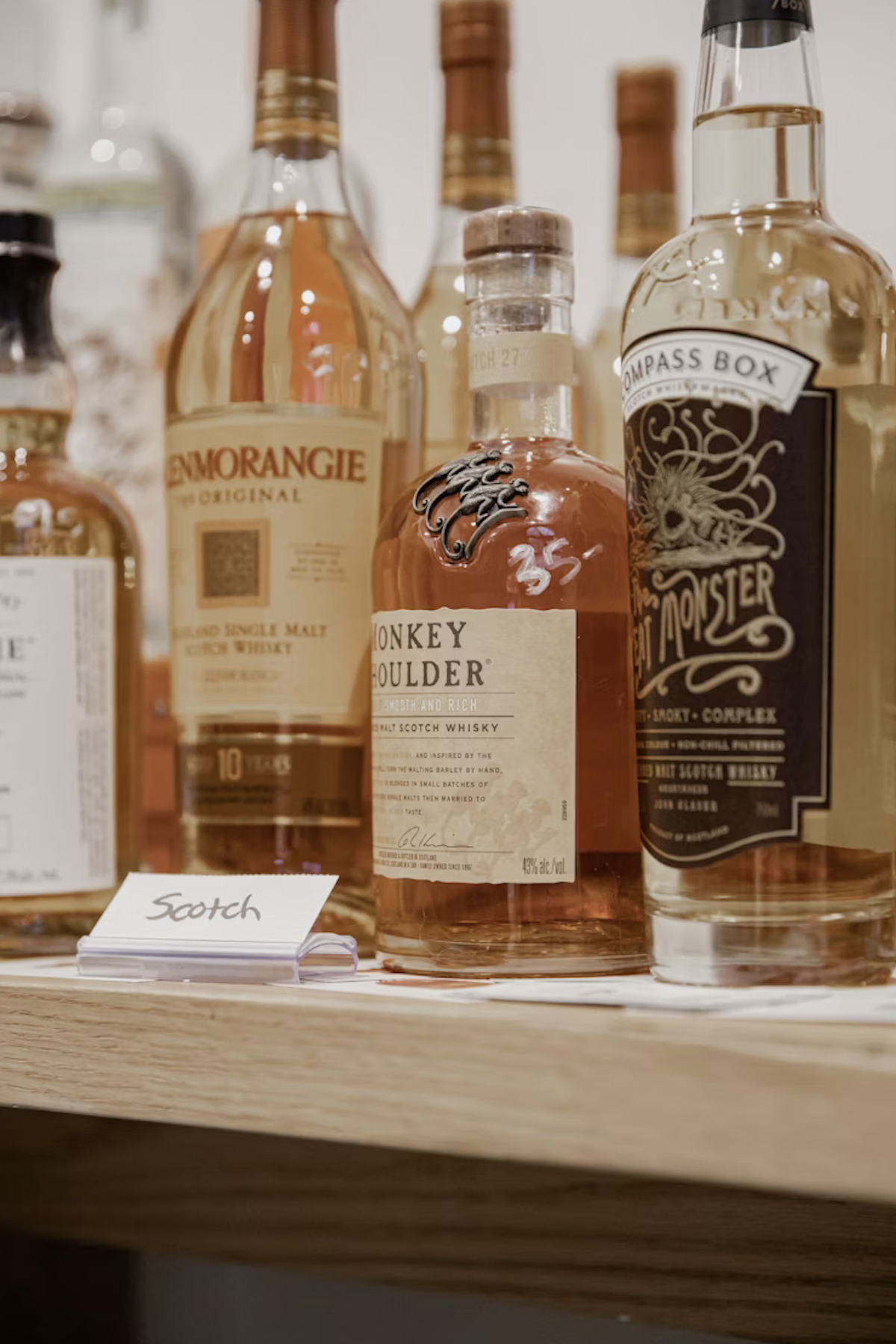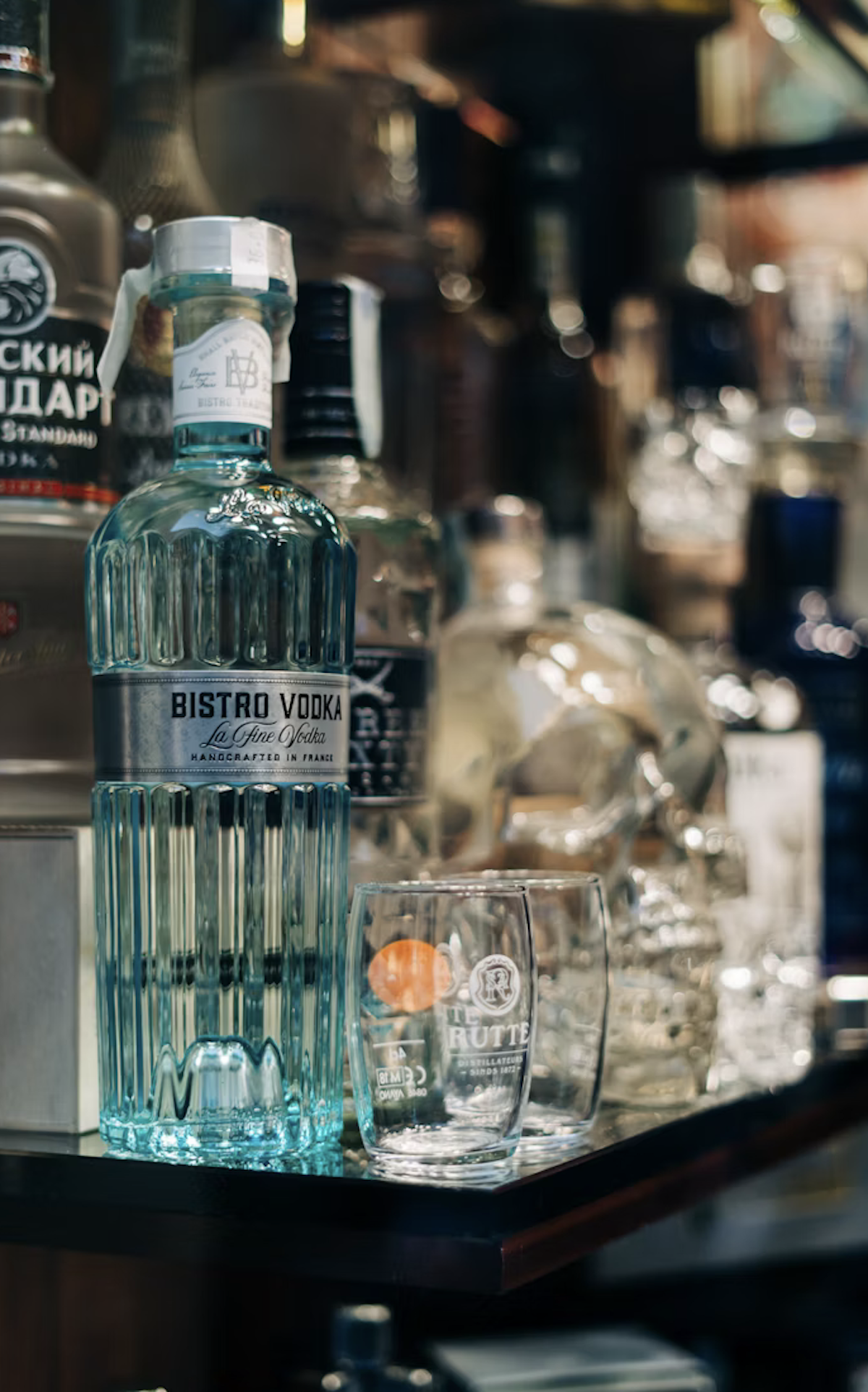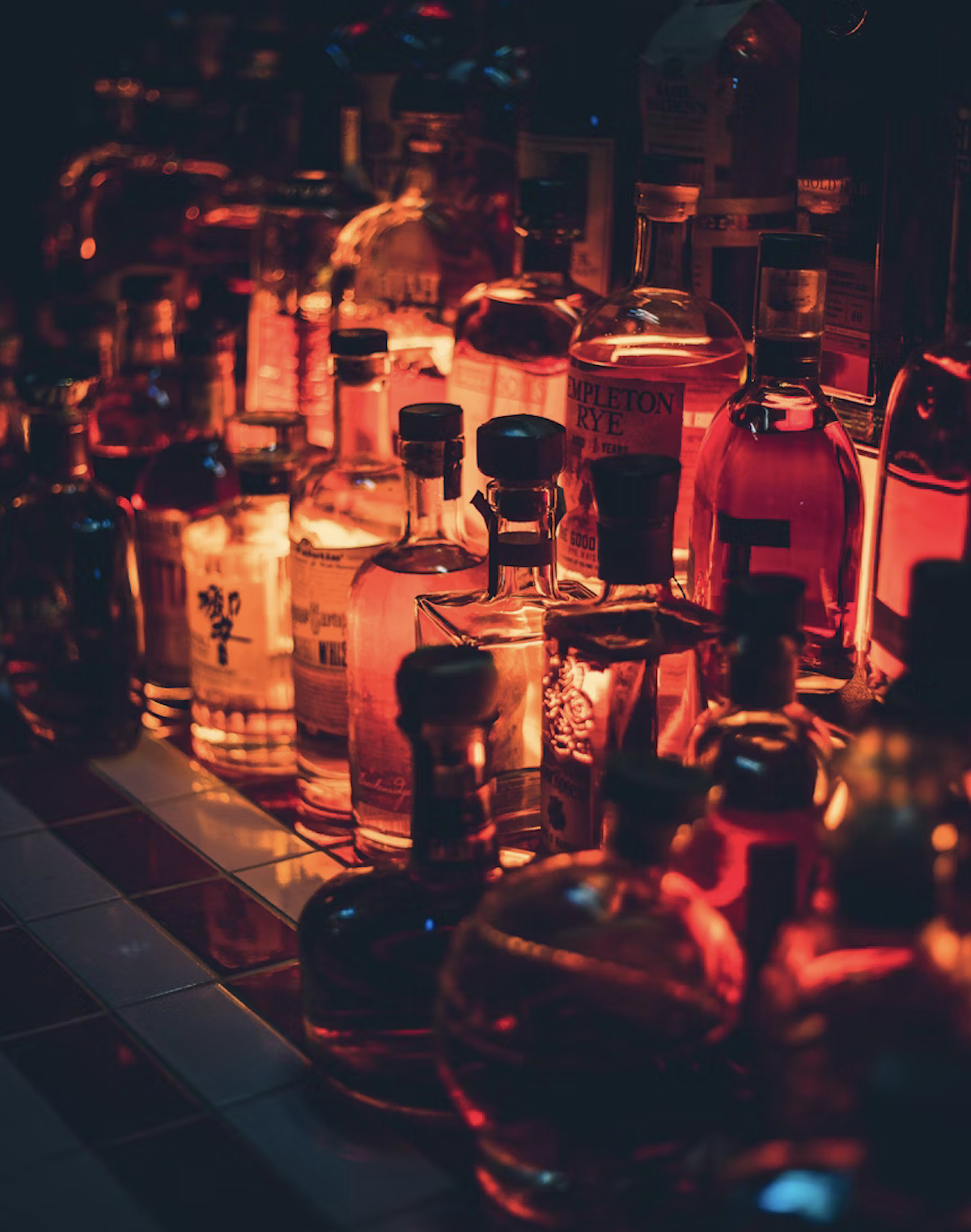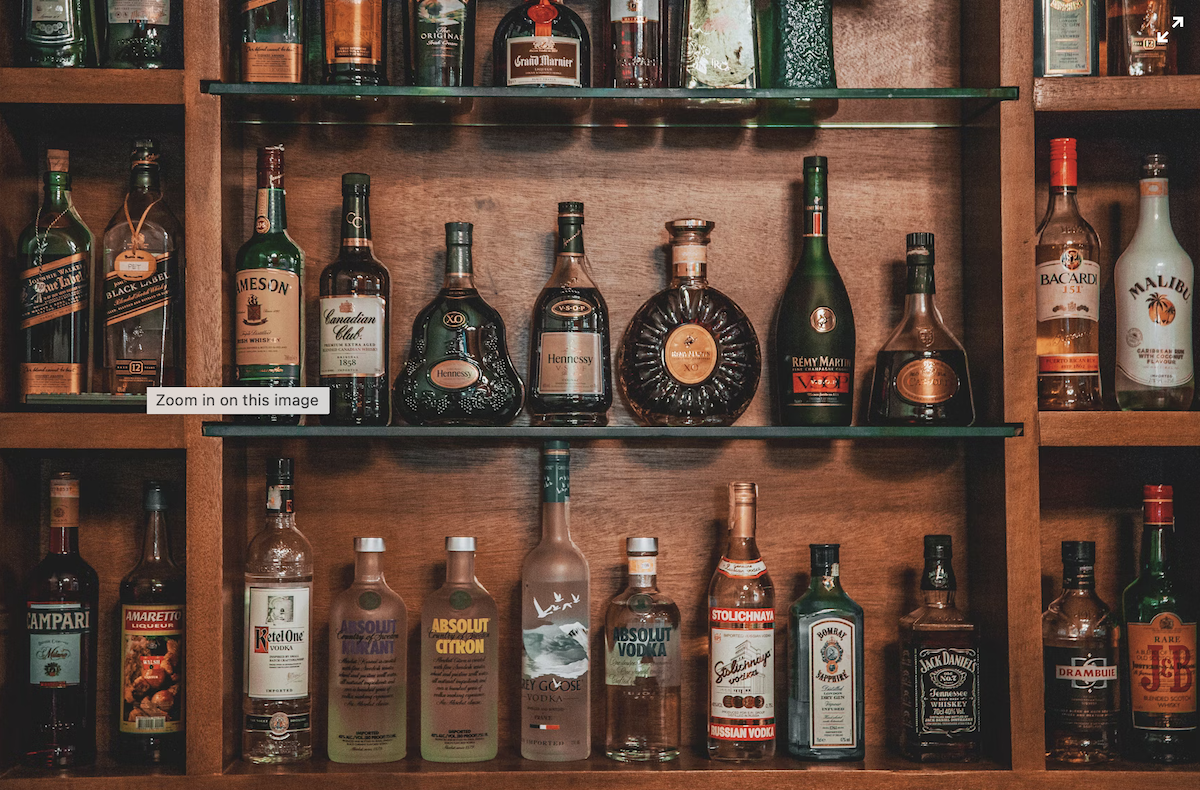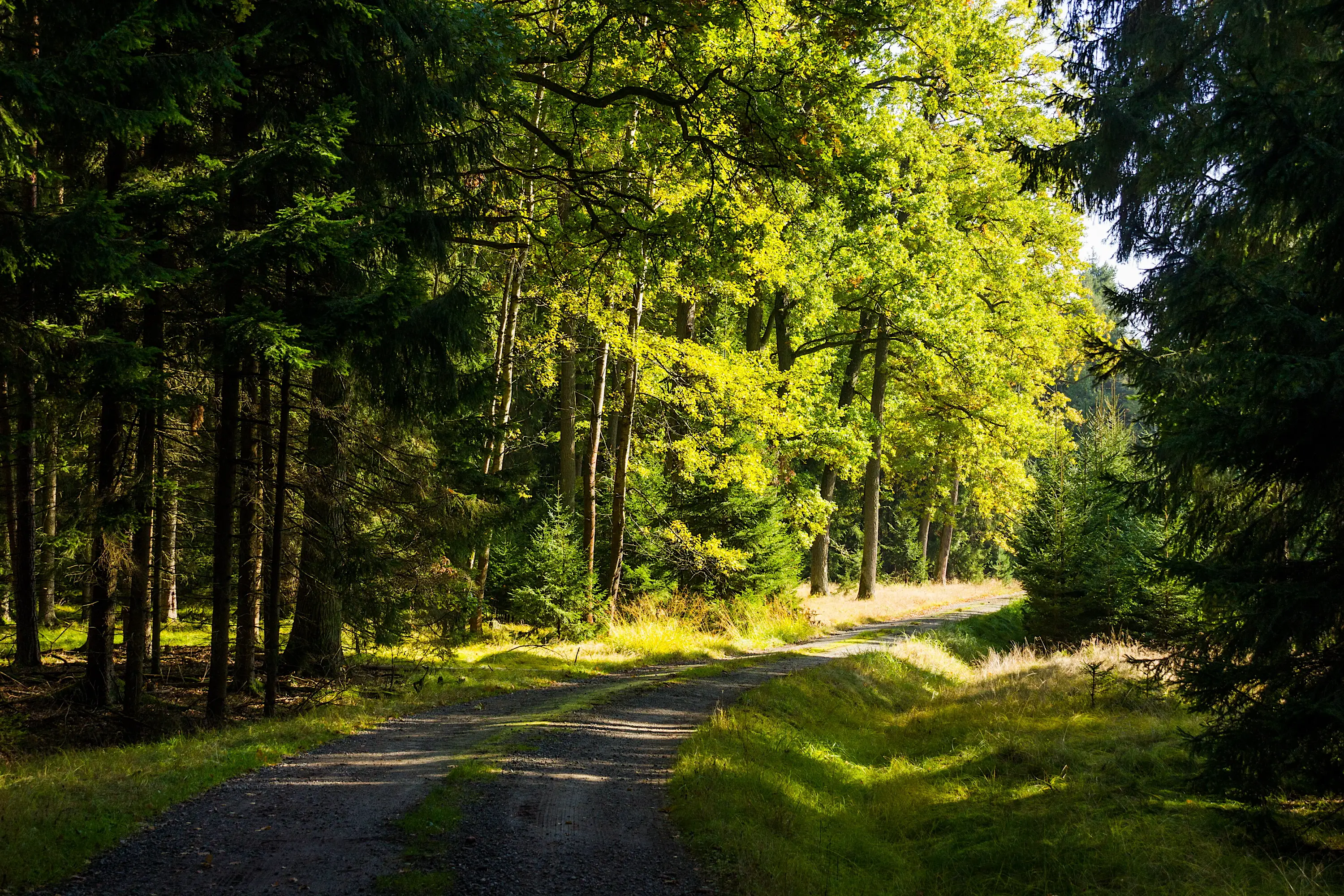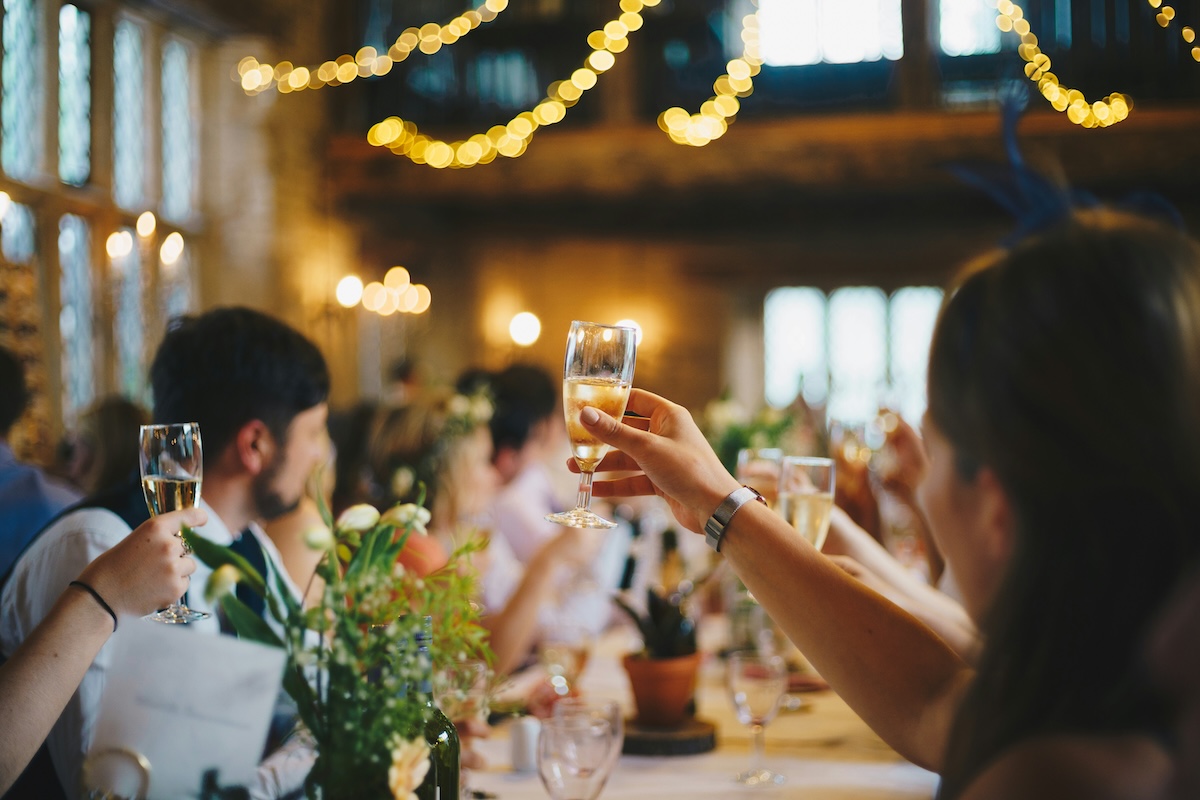
Beer, Wine & Cocktail Catering: Building the Perfect Bar Menu for 100+ Guests
Master beer, wine & cocktail catering for 100+ guests with expert calculations and menu strategies. Get exact drink quantities, trending bar selections, and professional tips to create the perfect beverage service for weddings and corporate events in Colorado.
Planning beverage service for a large event requires careful calculation and strategic selection.
No matter if you're hosting a wedding, corporate event, or fundraiser in Colorado, getting the bar menu right can make the difference between a memorable celebration and a logistical headache.
How Much Should You Order? The Numbers That Matter
The standard rule for event planning is one drink per guest per hour.
For a typical 4-hour event with 100 guests, that means planning for approximately 400 drinks total.
Here's how those drinks typically break down:
Beer: 50-60% of total drinks
- For 100 guests: ~240 beers
- Plan for 150-200 beers if offering a full bar with cocktails
Wine: 30-40% of total drinks
- For 100 guests: ~160 glasses (32 bottles)
- One bottle typically yields 5 glasses
Cocktails: 15-20% of total drinks
- For 100 guests: ~96 cocktails
- Lower percentage when beer and wine are available
Non-alcoholic options: Coverage for 20-25% of guests
- Plan 2-3 drink options per non-drinking guest
- Include sparkling water, sodas, juices, and mocktails
These percentages shift based on several factors. Daytime events and outdoor summer weddings see higher beer consumption, while evening galas lean toward wine and cocktails. Guest demographics matter too—younger crowds typically prefer beer and cocktails, while older guests often favor wine.
Building Your Bar Selection: What Works for Colorado Events
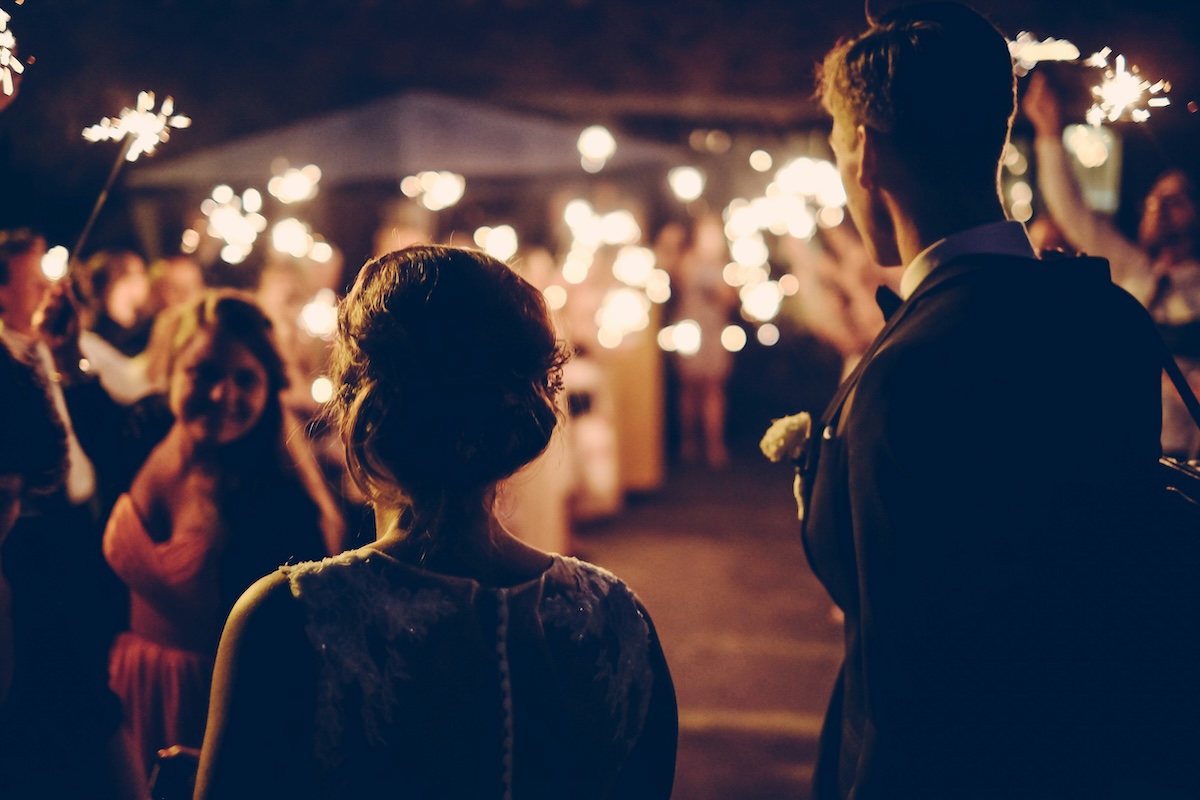
Beer Selection
A well-rounded beer menu includes:
- 2-3 mainstream lagers (Bud Light, Coors Light)
- 1-2 craft ales
- 1 darker option (stout or porter)
For Colorado events, consider featuring local favorites like Yeti Imperial Stout from Great Divide Brewing Co., Fat Tire Amber Ale from New Belgium Brewing, or Dale's Pale Ale from Oscar Blues Brewery. These selections showcase Colorado's craft beer culture while appealing to diverse tastes.
Wine Selection
Stock your wine bar with:
- 2-3 white wines (Sauvignon Blanc, Chardonnay, Pinot Grigio)
- 2-3 red wines (Merlot, Cabernet Sauvignon, Pinot Noir)
- 1 rosé option
For toasts, plan one bottle of sparkling wine per 6-8 guests. That's 12-16 bottles for 100 guests, though not everyone will finish their glass if they prefer their chosen drink.
Cocktail Essentials
A full bar requires:
- Base spirits: vodka, gin, rum, whiskey, tequila (1 liter each for 100 guests)
- Mixers: tonic water, soda water, cranberry juice, orange juice, lime juice
- Garnishes: limes, lemons, olives, cherries
Limit signature cocktails to 2-3 options to keep service efficient. Include one classic option and one mocktail for non-drinkers.
Current Trends Shaping Bar Menus in 2025
The Rise of Non-Alcoholic Options
The sober-curious movement has transformed event bars. Statistics show 38% of Gen Z consumers are buying more non-alcoholic beverages, and 41% of Americans are trying to drink less. Modern mocktails go beyond simple juice mixes, incorporating non-alcoholic spirits and unique ingredients like ube or miso for sophisticated flavor profiles.
Tequila Takes Center Stage
The global tequila market is expected to reach $30.06 billion by 2028, up from $19.76 billion in 2022. This growth is reflected in cocktail menus, with margaritas and palomas replacing traditional vodka-based drinks at many events.
Ready-to-Drink Excellence
Pre-batched cocktails have evolved from convenience items to premium offerings. The RTD market recorded 2% volume growth and 6% value increase in 2023, with high-quality options perfect for streamlining service at large events.
Service Options That Work
Open Bar
Provides free drinks for all guests throughout the event. While welcoming and generous, costs can escalate quickly. Consider limiting hours or selections to manage expenses.
Limited Bar
Offers beer, wine, and select signature cocktails. This option balances hospitality with budget control and works well for most events.
Cash Bar
Guests pay for their own drinks. Generally not recommended for private events as it can seem less hospitable.
Practical Planning Tips
Staffing: Plan for one bartender per 50 guests. Professional bartenders cost $25-$50 per hour depending on location and experience.
Ice: Calculate 1 pound of ice per guest to ensure drinks stay cold throughout the event.
Glassware: Decide between real glassware or quality disposables based on venue requirements and cleanup considerations.
Seasonal Adjustments: Summer events call for light beers, white wines, and refreshing cocktails like mojitos. Winter gatherings favor red wines, dark beers, and warming drinks.
Making It Happen with Professional Service
Professional bartender catering services handle the complexities of large-event beverage service.
Party Liquor, serving Colorado events for over 25 years, provides TIPS-certified bartenders, complete bar setups, and unlimited drink packages that ensure you never run out during your event. Our packages can be customized to include local Colorado craft beers and spirits, creating a true taste of the Rockies for your guests.
The key to successful bar catering lies in understanding your guests, planning appropriate quantities, and working with experienced professionals who can execute flawlessly. Whether you're planning a mountain wedding, corporate event, or fundraiser, the right bar menu and service create the foundation for an unforgettable celebration.
Final Considerations
Remember to verify local licensing requirements and ensure proper insurance coverage. Colorado venues may have specific regulations about alcohol service, and professional catering services typically handle these details as part of their comprehensive packages.
By following these guidelines and working with experienced professionals, you'll create a bar experience that enhances your event without the stress of managing it yourself. The perfect bar menu balances variety with efficiency, tradition with trends, and always keeps guest satisfaction at the forefront.
FAQs
How far in advance should I book bar catering services for a large event?
Book your bar catering service 12-18 months in advance, especially for peak wedding season (May through October). This ensures availability of your preferred vendor and allows time to customize packages. For off-peak events, 6-10 months may be sufficient.
What's the typical cost difference between an open bar and a limited bar for 100 guests?
A limited bar (beer, wine, and 2-3 signature cocktails) typically costs 30-40% less than a full open bar. For 100 guests over 4 hours, expect to save $800-1,500 by choosing a limited bar option, depending on your liquor selections and local pricing.
Should I provide champagne for toasts if I'm already serving beer and wine?
Yes, but keep quantities modest. Plan for one bottle per 6-8 guests for toasts. Many guests will take just a sip for the toast and return to their preferred drink, so you'll need less than for regular service—about 12-16 bottles for 100 guests.
How do I handle guests with dietary restrictions or those who don't drink alcohol?
Ensure 20-25% of your beverage selection includes non-alcoholic options. Offer at least one sophisticated mocktail, sparkling water, sodas, and juices. Consider having non-alcoholic beer and wine available for guests who want the social experience without the alcohol.
What happens if we run out of a specific beer or wine during the event?
Professional catering services like Party Liquor offer unlimited packages, meaning they bring backup supplies to prevent running out. If planning independently, order 10-15% extra of popular selections and have a plan to shift guests to similar alternatives if needed.

